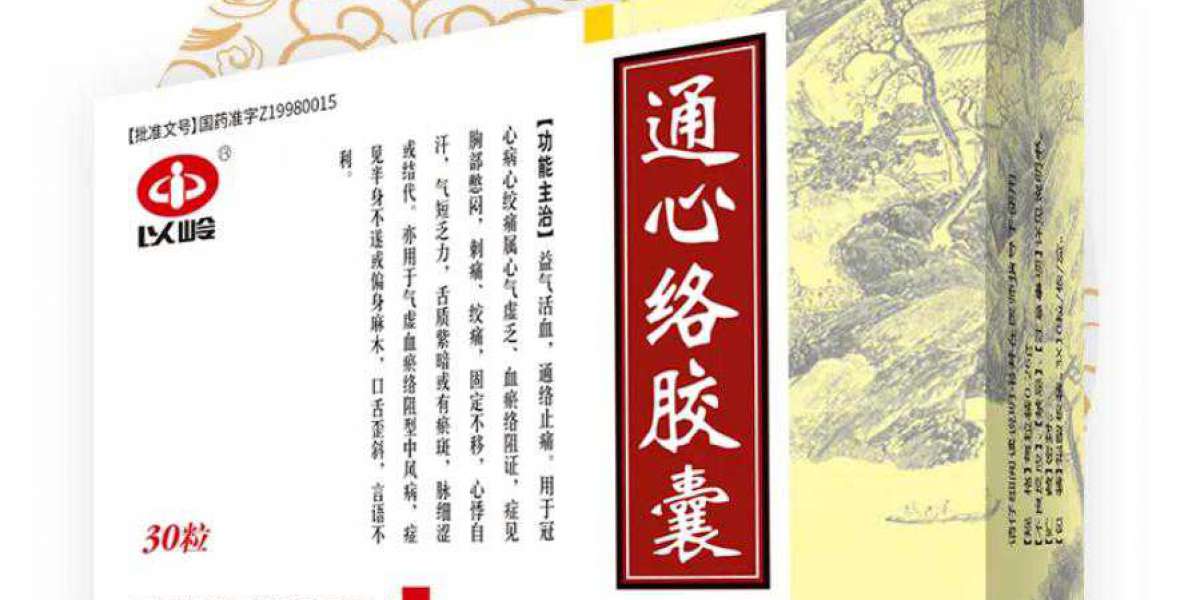In the current CAPITAL study, we found that in a large group of Chinese patients at high risk for carotid atherosclerotic plaque and cardiovascular events, taking Tong Xin Luo capsules capsules for 24 months, in addition to current conventional therapy, delayed the progression of carotid artery mean IMT and maximum plaque area. In addition, Tong Xin Luo capsules treatment significantly attenuates positive vascular remodeling in the carotid artery and reduces the incidence of unstable angina. In recent years, atherosclerotic plaque progression has received increasing attention as an important predictor of cardiovascular events.
Several imaging studies have shown that most patients progress rapidly before the onset of acute coronary syndromes, followed by luminal block23, 24. These lesions typically have a larger plaque volume and necrotic core with greater positive vascular remodeling compared to silent plaques. Possible mechanisms of rapid plaque progression may involve recurrent plaque rupture and healing, as well as neovascularization and bleeding within the plaque, accompanied by red cell-derived free cholesterol deposition 25. In addition, intravascular ultrasound studies have shown that patients who are resistant to statin therapy often show rapid progression of atherosclerosis. Therefore, measuring the rate of plaque progression may provide a new way to identify vulnerable plaques with increased potential for adverse outcomes.
In this study, we used two ultrasound variables, mean IMT and maximum plaque area, to measure the rate of carotid plaque progression. Early clinical trials comparing the efficacy of lovastatin or rosuvastatin with placebo on average carotid IMT progression found that both statins had a superior effect 14,15. However, when combined with simvastatin, Ezetimibe was no better than placebo in affecting average carotid IMT progression in patients with familial hypercholesterolemia. In this study, in addition to conventional treatments such as aspirin, statins, ACEI/ARBs, and calcium antagonists, we compared the efficacy of Tong Xin Luo capsules with placebo on average carotid IMT progression and found that Tong Xin Luo capsules had a positive effect.
The Asymptomatic Carotid Progression Study (ACAPS) found that a 0.009 mm/ year reduction in carotid IMT was associated with a significant reduction in major cardiovascular events14. Carotid mean IMT progression in METEOR trials was -0.0014 and 0.0131 with rosuvastatin and 15 mm/ year with placebo, respectively. Our study showed average carotid IMT progression of -0.000095 and 0.01312 mm/ year in the Tong Xin Luo capsules and placebo groups, respectively, and a lower incidence of unstable angina at 24 months in the Tong Xin Luo capsules group than in the placebo group. These results were better than those of the ACAPS and METEOR trials because in the latter two trials, the placebo group did not take anti-atherosclerosis drugs.








